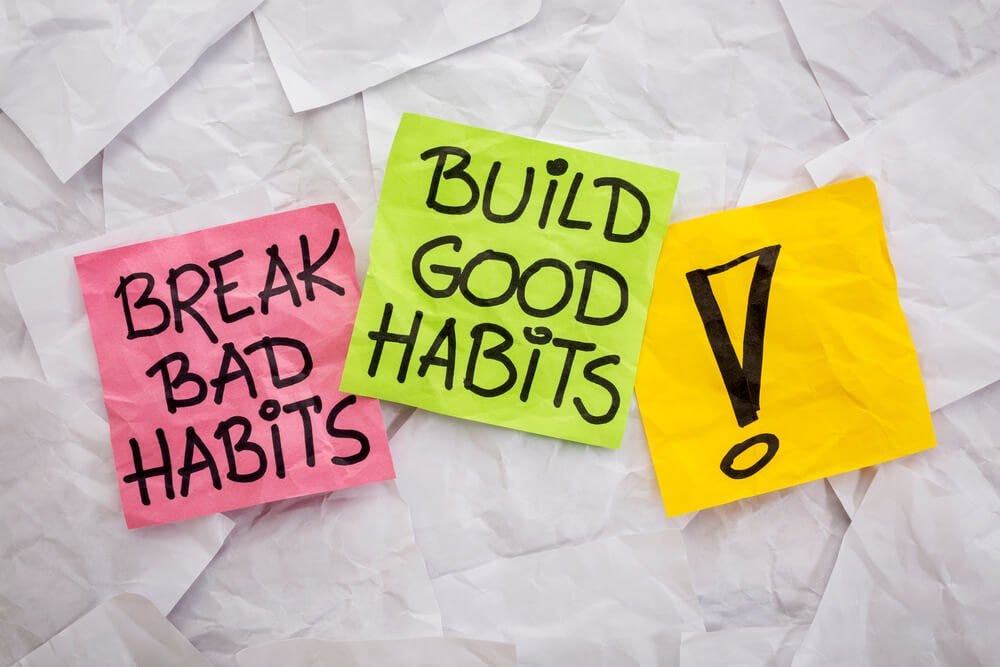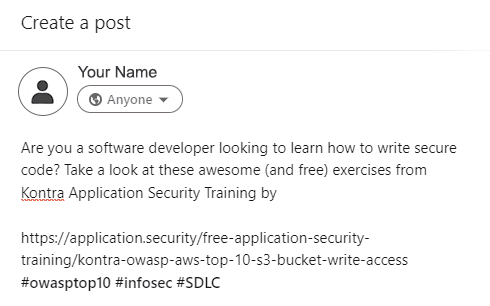The inner experience is incredibly private and not readily accessible to behavioral psychologists. Even if someone gives you a penny for your thoughts, you may not want to reveal them in full. There are ways to get a better understanding of your thoughts and how they influence your emotions and behavior to make improvements in your life.
One way is to keep a journal where you write down your thoughts every day. This can help you track patterns in your thinking and identify themes that show up often. Additionally, talking to a therapist or counselor can be beneficial if you’re struggling to understand your thoughts or control your emotions. Taking action might be the most powerful way to understand the patterns of your life.
Defining the inner experience
Your inner experience is the sum of all your thoughts, emotions and behaviors. It’s what makes you who you are. It’s the source of your unique perspective on the world. The inner experience is shaped by past experiences, beliefs, and values. All of these factors influence how you think, feel, and behave in different situations. By honoring your inner experience, you can make real changes that are immune to circumstances.
How to understand your inner experience
Understanding your inner experience is important because it can help you manage your thoughts, emotions, and behaviors. When you know what’s going on inside of you, it’s easier to control how you react to different situations and temptations.
Understanding your inner experience can help you identify patterns in your thinking and behavior. If you notice that certain thoughts or behaviors are triggering negative emotions, you can work to change them.
Stay away from triggering events
Many psychologists have now started to suggest not participating in triggering events. For example, if you know a holiday meal will cause you great distress and result in wrecking your diet with overeating, you can stay away without any feelings of guilt.
Make rest a priority
Fitting in rest is challenging enough for many. To give up a cupcake or an hour of sleep to complete something may feel like another commitment you just don’t want to make. We most likely have already been doing tasks every day that are draining. Our desire for rest may inflate the pressure to commit for personal or societal reasons, making us anxious as a result.
Go forward with change
We can change our relationship to anxiety and new commitments by understanding that trying something new does not have to be a huge undertaking. A change can be as simple as choosing one different thing to do each day for the next week. This could look like taking a different route to work, reading for 20 minutes before bed instead of scrolling through social media or cleaning the kitchen at night.
The key is to start small and be patient with yourself. Change is not always easy, but it is worth it.

Break bad habits
Challenges to breaking a habit can include impulsivity, procrastination and forgetfulness. We have evolved to value short-term gratification. Binging a show instead of heading to the gym is one example. Losing weight or clearing our head is not tangible at the moment and not quite as valued as controlling our desire to please ourselves now, wait until later, or simply zone out.
The prefrontal cortex is the area of our brain that helps us override these impulses, but it’s not always successful.
There are a few things we can do to increase the chance of success:
- Pair a hard activity with an enjoyable one. For example, going to the gym with a friend or listening to an audiobook while on the elliptical.
- Give yourself points for completing activities or being public about your goals. For instance, tracking how many days in a row you’ve gone to the gym or posting on social media about a health goal.
- Make it as easy as possible to complete the task. This might mean laying out your gym clothes the night before or putting your running shoes by the door.
- Set a time limit for yourself. Telling yourself you only have to run for 15 minutes can make it feel more manageable.
- Focus on how you will feel after completing the task rather than how you feel in the moment. Remind yourself how good it will feel to cross the finish line or how proud you will be of yourself for making it to the gym.
Pairings
A solution could be pairing all our temptations with our long-term gratifications. We could go to the gym and listen to our favorite podcast. Clean the house while watching a reality show. If we reward ourselves as we complete the uphill task, we are more likely to look forward to it.
We should also be specific about our goals. “I will work out for 30 minutes,” is much better than, “I will work out.”
Pre-commitment
This is making a plan before the situation even arises. If we have an event coming up that we know will include unhealthy food, we can commit to working out twice as hard during the week. Or if we know we will be sitting down for long periods, we can commit to standing up and stretching every half hour.
Be patient
It is also important to be patient with ourselves. Change is not always easy, but it is worth it! If you’re struggling to make changes in your life, reach out for help from a friend, therapist, or life coach. They can provide support and accountability as you work towards your goals. Just remember to start small and be patient with yourself. You got this!
Habits are hard to break, but it is possible with a little bit of effort and planning. Making small changes in your life can have a big impact down the line.
One change that can make all the difference in the world is deciding to upskill. Consider exploring programs powered by ThriveDX to tap into a new career path or soar to new heights in your existing career. That’s a change everyone can cheer on!


